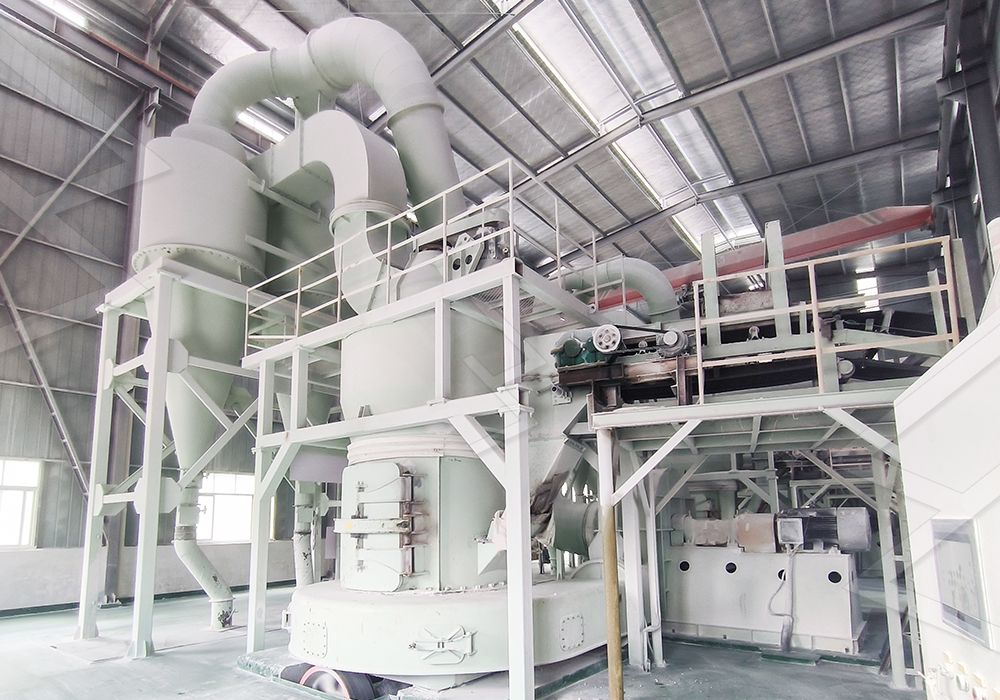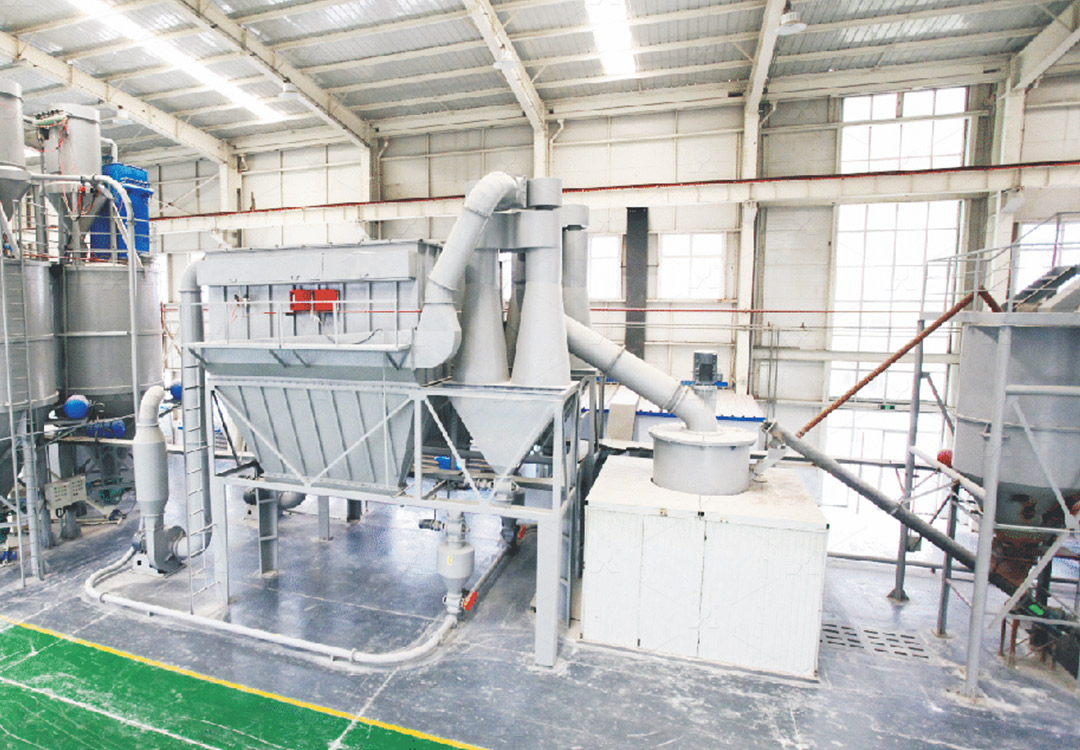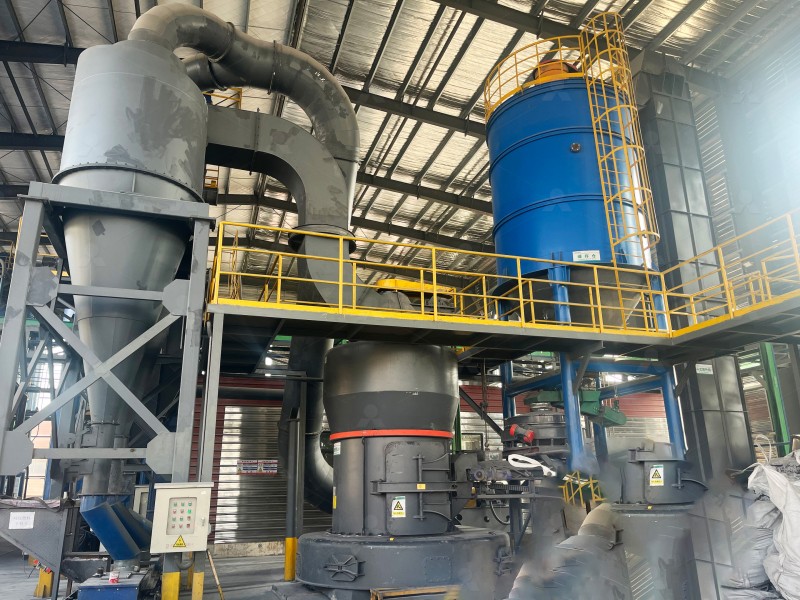Desulfurization Grinding Mill for Power Plants and Steel Mills
Desulfurization Grinding Mill for Power Plants and Steel Mills
In today’s environmentally conscious industrial landscape, effective desulfurization has become a critical requirement for power plants and steel mills worldwide. These industries face stringent regulations regarding sulfur emissions, making reliable grinding equipment essential for producing the fine limestone powder necessary for flue gas desulfurization (FGD) systems. The right grinding technology can significantly impact both operational efficiency and environmental compliance.

The grinding process for desulfurization requires specialized equipment capable of producing ultra-fine powder with consistent quality and high throughput. Traditional grinding methods often fall short in meeting the precise fineness requirements while maintaining energy efficiency and operational reliability. This is where advanced grinding technology makes a substantial difference.
The Critical Role of Grinding in Desulfurization
Desulfurization processes rely on the chemical reaction between sulfur dioxide in flue gases and limestone powder. The efficiency of this reaction directly correlates with the fineness and quality of the limestone powder used. Finer particles provide greater surface area for chemical reactions, leading to more effective sulfur removal. This fundamental requirement drives the need for high-performance grinding mills specifically designed for desulfurization applications.
Power plants typically require continuous operation with minimal downtime, while steel mills often deal with varying production schedules and material characteristics. Both environments demand grinding equipment that can maintain consistent performance under challenging conditions, with minimal maintenance requirements and maximum operational uptime.
Advanced Grinding Solutions for Modern Industry
Among the various options available, the MW Ultrafine Grinding Mill stands out as an exceptional choice for desulfurization applications. This advanced mill system processes materials with input sizes ranging from 0-20 mm and delivers capacities between 0.5-25 tph, making it suitable for both medium and large-scale operations.
The MW Ultrafine Grinding Mill incorporates several innovative features that make it particularly well-suited for power plants and steel mills. Its higher yielding capacity with lower energy consumption represents a significant advantage – achieving 40% higher production capacity compared to jet grinding mills and stirred grinding mills while consuming only 30% of the energy of jet grinding mills. This combination of performance and efficiency directly translates to reduced operational costs and improved environmental compliance.

Key Technical Advantages for Industrial Applications
What sets the MW Ultrafine Grinding Mill apart in demanding industrial environments is its robust design and operational reliability. The absence of rolling bearings and screws in the grinding chamber eliminates common failure points, significantly reducing maintenance requirements and potential downtime. This design consideration is particularly valuable in continuous operation scenarios typical of power generation facilities.
The mill’s adjustable fineness capability between 325-2500 meshes, achieved through German cage-type powder selector technology, ensures that operators can precisely control product specifications to meet varying desulfurization requirements. This flexibility allows facilities to optimize their desulfurization processes based on specific fuel characteristics and emission standards.
Environmental Compliance and Operational Efficiency
Modern industrial operations must balance production requirements with environmental responsibilities. The MW Ultrafine Grinding Mill addresses this challenge through its integrated pulse dust collector system, which ensures dust-free operation throughout the milling process. Combined with silencer and noise elimination features, the system operates well within national environmental protection standards.
For steel mills dealing with slag processing, the LM Vertical Slag Mill offers complementary capabilities. This specialized equipment handles input sizes of 38-65 mm with capacities ranging from 7-100 t/h, providing comprehensive solutions for industrial waste recycling while reducing energy consumption by 30-40% compared to traditional ball milling systems.

Implementation Considerations
When selecting grinding equipment for desulfurization applications, several factors warrant careful consideration. Beyond basic capacity requirements, operators should evaluate energy efficiency, maintenance accessibility, spare parts availability, and the manufacturer’s technical support capabilities. The digitalized processing and high precision manufacturing of modern grinding mills ensure consistent performance and reliability, while comprehensive spare parts supply chains guarantee worry-free operation.
The integration of grinding systems into existing industrial processes requires careful planning, but the long-term benefits of improved desulfurization efficiency, reduced operational costs, and enhanced environmental compliance make this investment worthwhile for forward-thinking power plants and steel mills.
Frequently Asked Questions
What fineness range can the MW Ultrafine Grinding Mill achieve for desulfurization applications?
The MW Ultrafine Grinding Mill can produce powder with fineness adjustable between 325-2500 meshes, with screening rates achieving d97≤5μm in a single pass. This range is ideal for various desulfurization requirements.
How does the energy consumption of the MW Ultrafine Grinding Mill compare to traditional grinding systems?
The MW Ultrafine Grinding Mill consumes only 30% of the energy required by jet grinding mills while delivering 40% higher production capacity. This represents significant operational cost savings for continuous industrial applications.
What maintenance advantages does the MW Ultrafine Grinding Mill offer for 24/7 operations?
With no rolling bearings or screws in the grinding chamber and external lubrication systems that allow maintenance without shutdown, the MW Ultrafine Grinding Mill minimizes downtime and supports continuous operation critical to power plants and steel mills.
Can these grinding systems handle variations in raw material quality?
Yes, both the MW Ultrafine Grinding Mill and LM Vertical Slag Mill are designed to accommodate variations in material characteristics while maintaining consistent output quality, making them suitable for the variable conditions often encountered in industrial settings.
What environmental features are incorporated into these grinding systems?
The systems include efficient pulse dust collectors for dust-free operation, silencers and noise elimination features, and operate under negative pressure to prevent material spillage, ensuring compliance with environmental standards.
